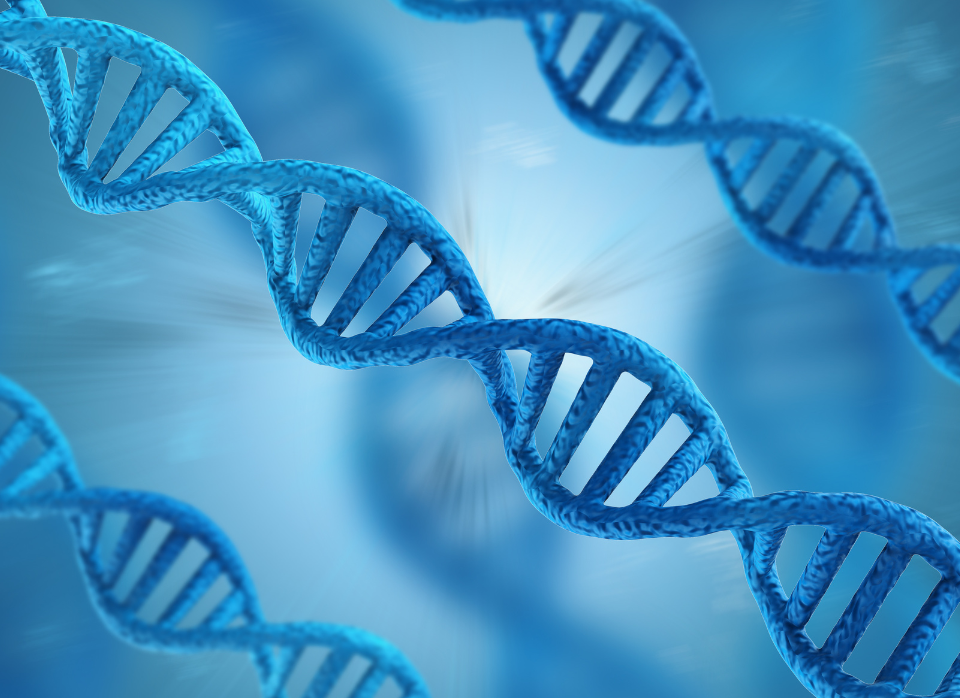
Eating Disorders in College Students: The Role of Stress and Its Impact
September 12, 2024
The Complex Connection Between Alcohol and Binge Eating: Understanding the Impact
September 23, 2024Eating disorders and addiction are two complex conditions that, while distinct, often intertwine in a destructive relationship. The connection between these disorders is not just a coincidence; it reflects a more profound interplay between psychological, biological, and social factors. Understanding this connection can provide valuable insights into effective treatment and recovery strategies.

The Link Between Eating Disorders and Addiction
Eating disorders and addiction share many similarities in their underlying mechanisms. Both conditions involve a loss of control, compulsive behaviors, and the use of unhealthy coping mechanisms to manage emotional pain. The connection between these disorders often stems from the same underlying issues, such as trauma, low self-esteem, and a desire for control or escape.
One of the primary ways in which eating disorders and addiction are linked is through the brain’s reward system. Both eating disorders and addiction trigger the release of dopamine, a neurotransmitter associated with pleasure and reward. Over time, this can lead to compulsive behaviors as the brain becomes dependent on the rush of dopamine to feel good. This shared neurological pathway helps explain why individuals with eating disorders are more susceptible to developing substance abuse problems and vice versa.
Drug Addiction and Eating Disorders: A Vicious Cycle
Drug addiction and eating disorders often fuel each other in a vicious cycle. For some individuals, drug use begins as a way to control their weight or suppress their appetite. Stimulants like cocaine, amphetamines, and diet pills are particularly notorious for this, as they can reduce hunger and increase energy, making them appealing to those struggling with disorders like anorexia or bulimia.
However, drug addiction can also exacerbate eating disorders. Substance abuse can lead to malnutrition, dehydration, and other physical health problems that worsen the symptoms of eating disorders. Additionally, the psychological effects of drug addiction, such as increased anxiety, depression, and impaired judgment, can make it even harder for individuals to break free from their disordered eating patterns.
The relationship between drug addiction and eating disorders is bidirectional. In some cases, the eating disorder may develop first, leading the individual to turn to drugs as a way to cope with the emotional and physical toll of their disordered eating. In other cases, drug addiction may come first, with the eating disorder developing as a side effect of substance abuse. This complex relationship makes treatment challenging, as both conditions must be addressed simultaneously for recovery to be successful.
Alcohol Addiction and Eating Disorders: A Dangerous Combination
Alcohol addiction and eating disorders also often go hand in hand. Alcohol is a depressant that can temporarily relieve the emotional pain and anxiety that many individuals with eating disorders experience. However, this relief is short-lived, and over time, alcohol abuse can lead to a worsening of both the eating disorder and the addiction.
One of the most dangerous aspects of the relationship between alcohol addiction and eating disorders is the impact on physical health. Both conditions can cause severe damage to the body, including liver damage, heart problems, and gastrointestinal issues. When combined, these risks are even more significant, as the effects of malnutrition and disordered eating behaviors already weaken the body.
Alcohol addiction can impair judgment and increase impulsivity, making it more difficult for individuals to resist engaging in disordered eating behaviors.
For example, someone with bulimia may be more likely to binge and purge after consuming alcohol, as their inhibitions are lowered and their impulse control is compromised. Similarly, someone with anorexia may be more likely to engage in restrictive eating after drinking, as they may feel guilty or ashamed about the calories they consumed from alcohol.
Which Comes First: Eating Disorders or Addiction?
One of the most common questions regarding the relationship between eating disorders and addiction is which typically comes first. The answer is not straightforward, as it varies from person to person. However, research suggests that eating disorders often precede substance abuse, particularly in cases where individuals use drugs or alcohol as a way to manage their disordered eating behaviors.
For example, someone with anorexia may start using stimulants like cocaine or diet pills to suppress their appetite and lose weight. Over time, this can lead to the development of a full-blown addiction. Similarly, someone with bulimia may start using alcohol to cope with the emotional distress that comes from binging and purging, eventually leading to alcohol dependence.
However, the reverse can also be true. In some cases, substance abuse may come first, with the eating disorder developing as a consequence of the addiction. This is often the case with individuals who use drugs or alcohol to numb their emotions or escape from trauma, only to find that their substance abuse has led to disordered eating behaviors.
The Importance of Integrated Treatment
The relationship between eating disorders and addiction is complex and multifaceted. Both conditions are rooted in similar psychological and biological mechanisms, often fuel each other in a destructive cycle. Whether the eating disorder or the addiction comes first, the two are deeply intertwined, making it essential for treatment to address both conditions simultaneously.
Integrated treatment approaches that focus on the whole person, including their mental, emotional, and physical health, are crucial for successful recovery. By understanding the connection between eating disorders and addiction, we can better support those who are struggling and help them break free from the cycle of these destructive behaviors.
_________________________________________________________________________________
Looking for treatment for an eating disorder, anxiety, depression, trauma, or postpartum mood disorder?
Evolve Counseling Services is a specialized team of Licensed Therapists providing treatment in Paoli.



